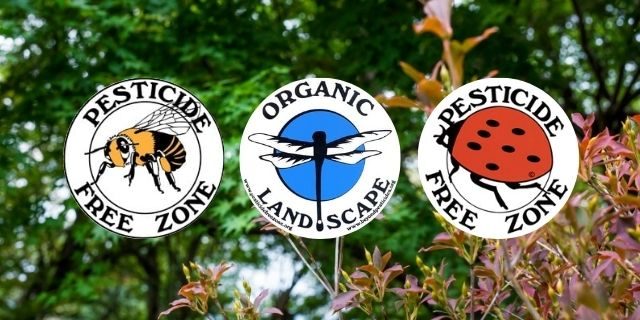25
Apr
Time Running Out to Save the Earth, We Can Make a Difference in Our Communities

(Beyond Pesticides, April 25, 2022) In a campaign to set in place practical programs to address the existential crises of pesticide-induced health threats, the climate emergency, and biodiversity collapse, Natural Grocers continues its fifth annual Ladybug LoveSM drive throughout the month of April, generating broader support for Beyond Pesticides. The campaign celebrates insects that play a crucial role in food supply stability, and regenerative farming practices that use ladybugs and other beneficial insects instead of harmful synthetic pesticides to control pests. Natural Grocers will donate $1 to Beyond Pesticides for each person who pledges (including renewals) to “not use chemicals that harm ladybugs and other beneficial insects on their lawn or garden, and to support 100% organic produce.” You do not need to shop at Natural Grocers to sign, but you will support the environment, public health, and Beyond Pesticides’ hands-on program to assist communities with the transition to organic parks and playing fields.
Please Take Three Actions.
April shoppers at Natural Grocers’ 162 stores—all in 20 states west of the Mississippi—are also invited to donate to Beyond Pesticides at checkout. Ladybug Love also features in-store promotions.
In partnership with major retailers like Natural Grocers and Stonyfield Organic, the Beyond Pesticides’ Parks for a Sustainable Future program provides in-depth training and demonstration sites to assist community land managers in transitioning public green spaces to organic landscape management, while aiming to provide the knowledge and skills necessary to eventually transition all public areas in a locality to these sustainable and safe practices. Through this program, Beyond Pesticides is now assisting local leaders and municipal landscapers to convert parks and recreational areas across the country to exclusively organic practices, which eliminate the use of synthetic pesticides and fertilizers.
For more information on the importance of transitioning to organic land management practices, see the latest issues of Beyond Pesticides’ journal, Pesticides and You, Retrospective2021—A Call to Urgent Action.
-
Ask your mayor to convert to organic landcare in city parks and other public places.
Letter to mayor:
A growing body of evidence in scientific literature shows that pesticide exposure can adversely affect neurological, respiratory, immune, and endocrine systems in humans, even at low levels. Children are especially sensitive to pesticide exposure because they (1) take up more pesticides (relative to their body weight) than do adults, and (2) have developing organ systems that are more vulnerable to pesticide impacts and less able to detoxify harmful chemicals. Fortunately, there are proven safe, effective, and affordable ways to maintain attractive lawns and playing fields without the use of toxic pesticides.
In the spirit of Earth Day and daily concern for the environment, please commit to converting care of public lands in our city to organic practices. Organic practices have been proven to be successful and cost-effective. Avoiding use of toxic pesticides is good for public health, particularly in these times when respiratory assaults can increase the threat of Covid-19. Organic practices are also climate-friendly and support biodiversity.
Beyond Pesticides provides in-depth training to assist community land managers in transitioning two public green spaces to organic landscape management through its Parks for a Sustainable Future program (bp-dc.org/sustainable-parks). Please contact Beyond Pesticides at [email protected] to find out how our town can transition to organic.
Thank you.










